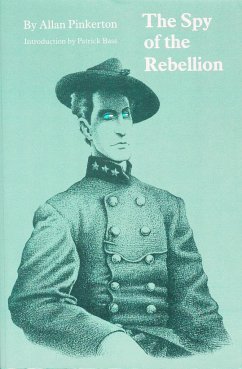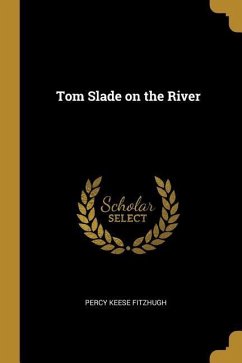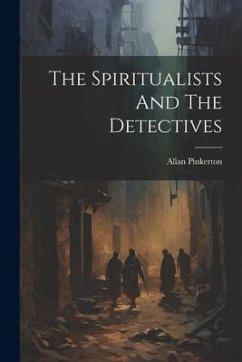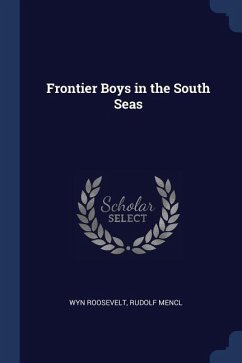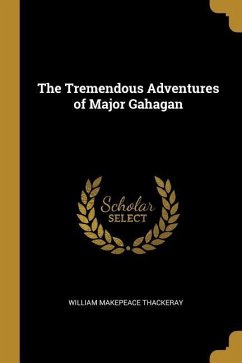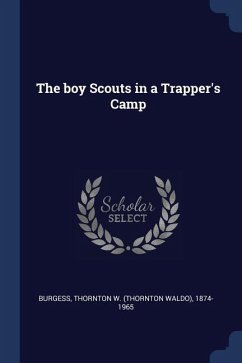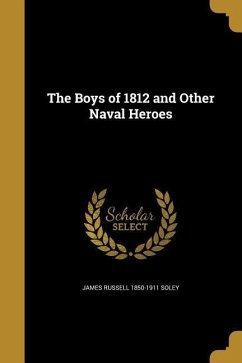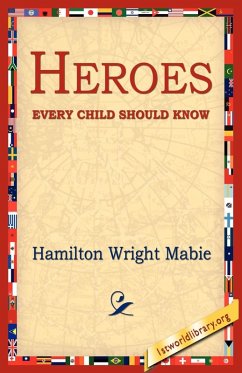
Heroes Every Child Should Know
Versandkostenfrei!
Versandfertig in 1-2 Wochen
19,99 €
inkl. MwSt.

PAYBACK Punkte
10 °P sammeln!
Purchase one of 1st World Library's Classic Books and help support our free internet library of downloadable eBooks. Visit us online at www.1stWorldLibrary.ORG - - If there had been no real heroes there would have been created imaginary ones, for men cannot live without them. The hero is just as necessary as the farmer, the sailor, the carpenter and the doctor; society could not get on without him. There have been a great many different kinds of heroes, for in every age and among every people the hero has stood for the qualities that were most admired and sought after by the bravest and best; ...
Purchase one of 1st World Library's Classic Books and help support our free internet library of downloadable eBooks. Visit us online at www.1stWorldLibrary.ORG - - If there had been no real heroes there would have been created imaginary ones, for men cannot live without them. The hero is just as necessary as the farmer, the sailor, the carpenter and the doctor; society could not get on without him. There have been a great many different kinds of heroes, for in every age and among every people the hero has stood for the qualities that were most admired and sought after by the bravest and best; and all ages and peoples have imagined or produced heroes as inevitably as they have made ploughs for turning the soil or ships for getting through the water or weapons with which to fight their enemies. To be some kind of a hero has been the ambition of spirited boys from the beginning of history; and if you want to know what the men and women of a country care for most, you must study their heroes. To the boy the hero stands for the highest success: to the grown man and woman he stands for the deepest and richest life.







